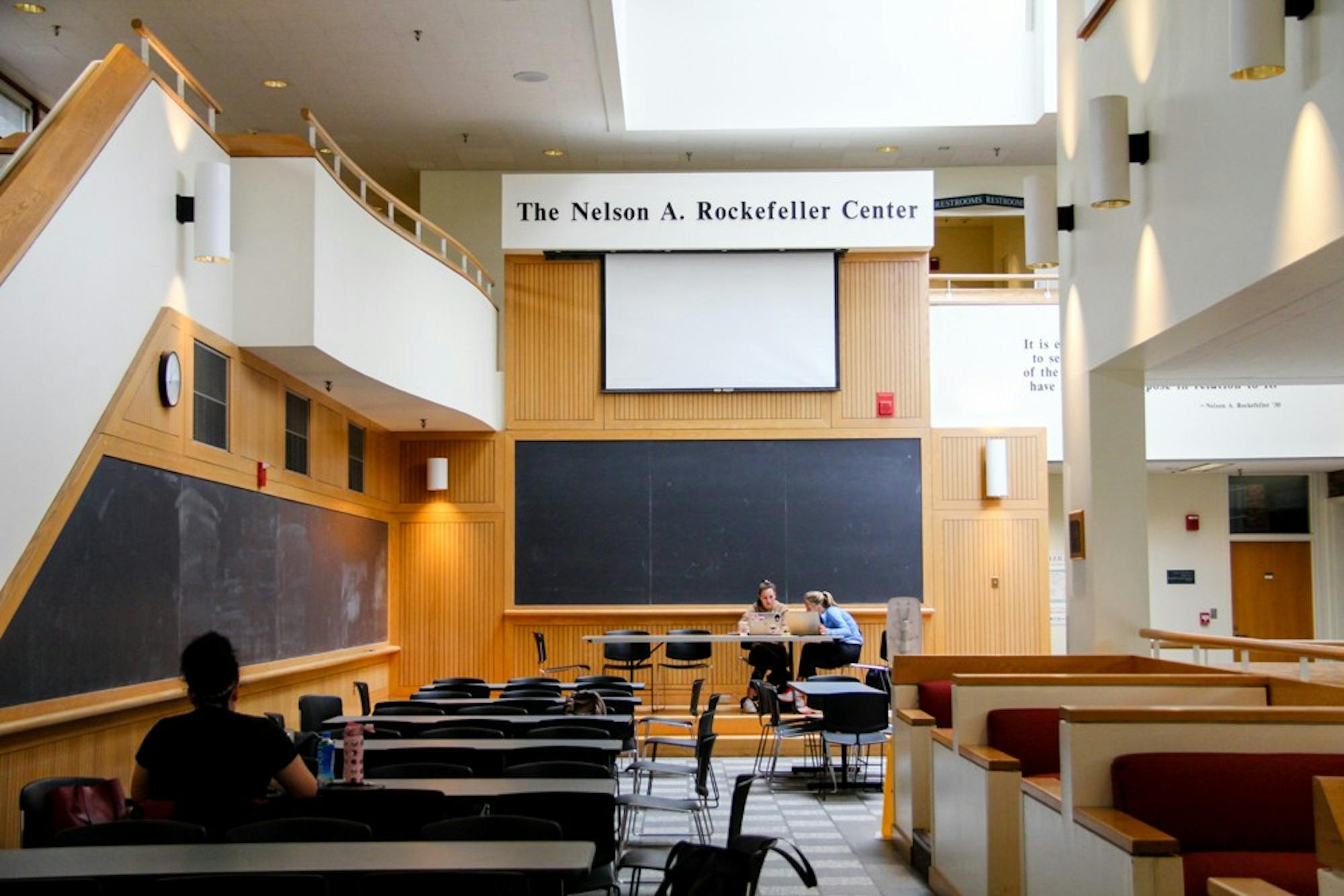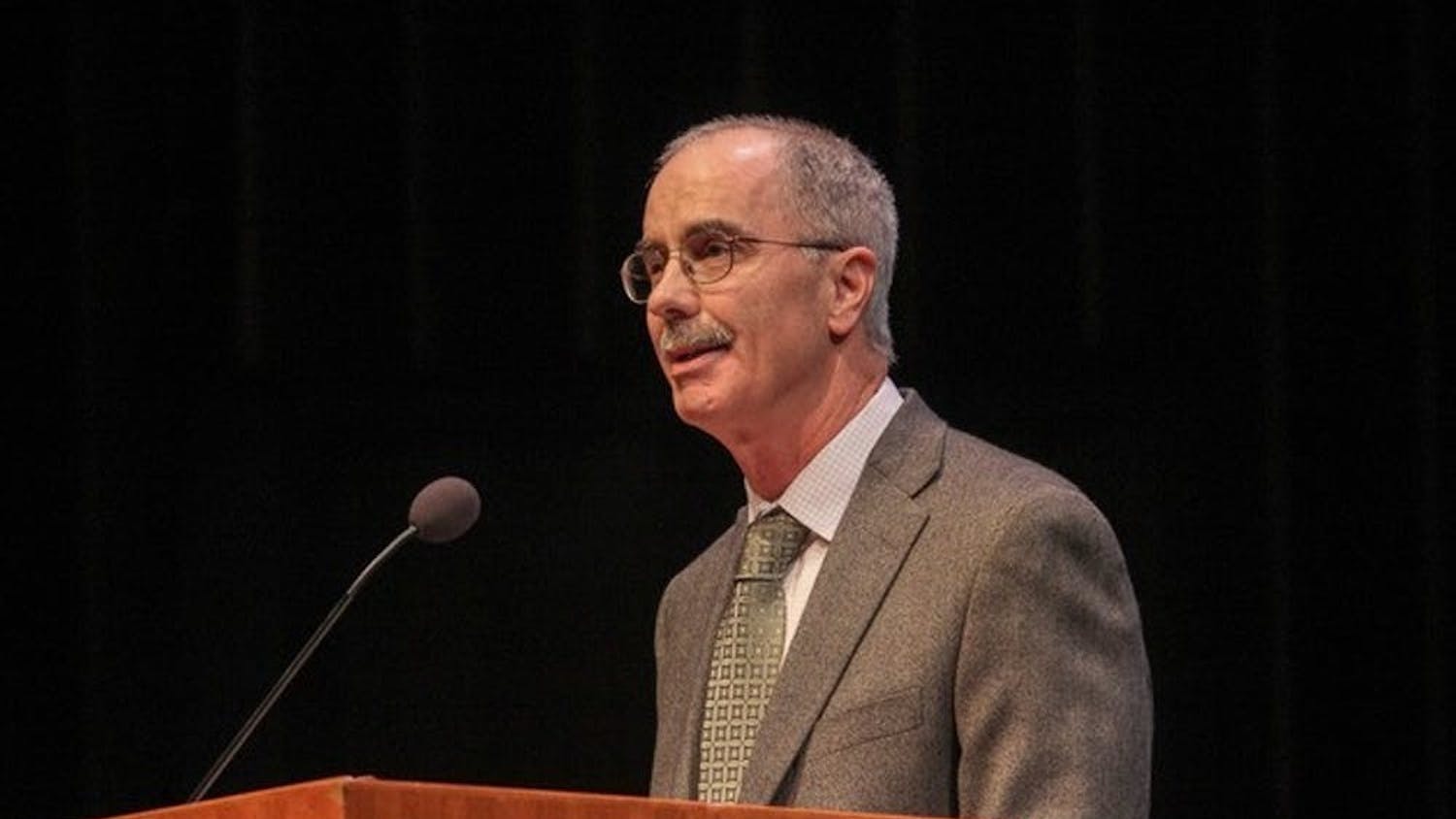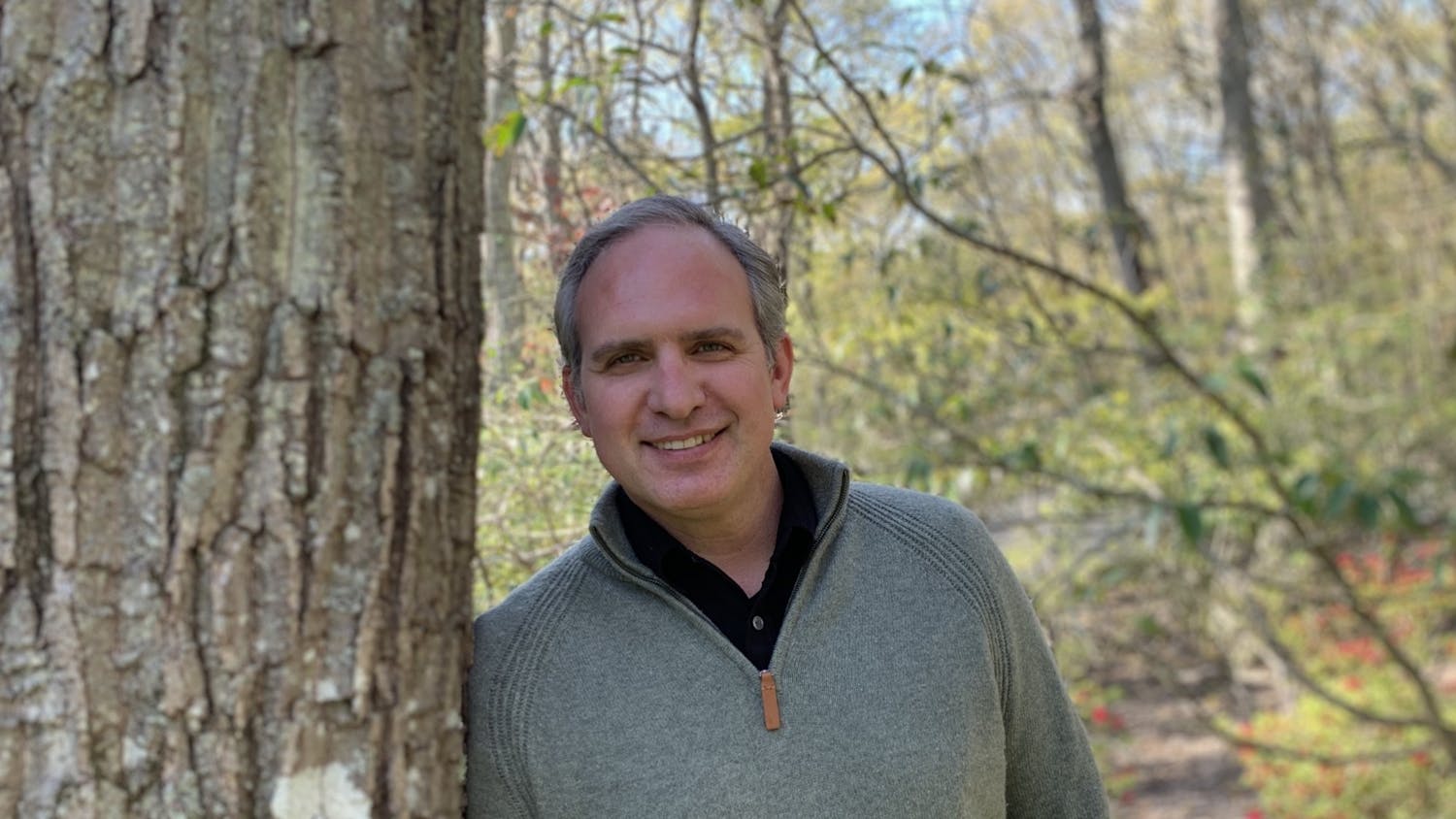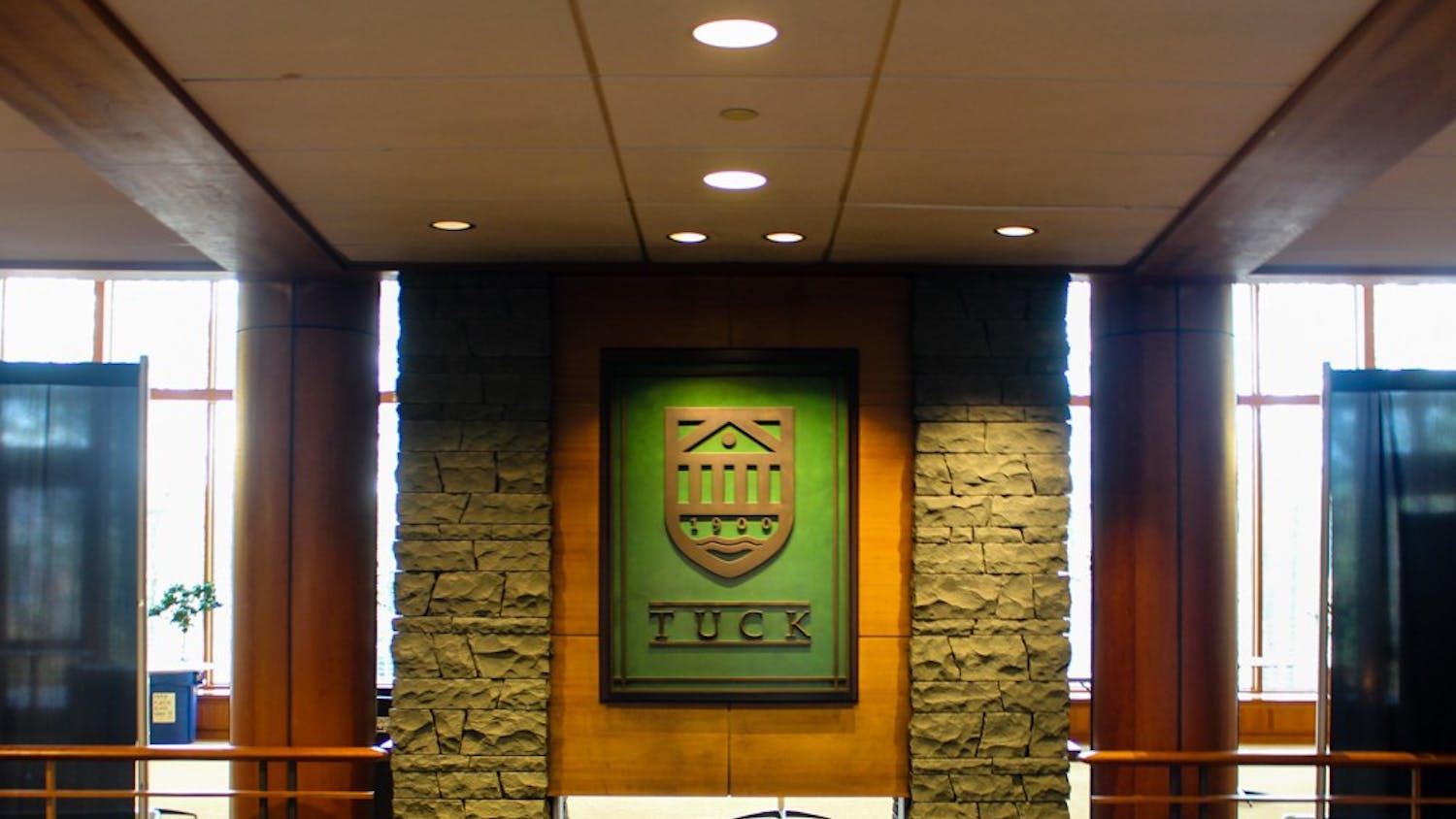Over 200 people tuned in to watch the Rockefeller Center for Public Policy 2020 Constitution Day lecture given by legal journalist and scholar Linda Greenhouse on Wednesday night. The topic of the lecture — polarization and the Supreme Court — was a timely one in light of Supreme Court Justice Ruth Bader Ginsburg’s recent death.
During the event, titled “Aren’t We All in This Together? How the Supreme Court is Helping to Pull Us Apart” and hosted by government professor and policy fellow Herschel Nachlis, Greenhouse focused on the topic of community and explained how recent Supreme Court cases mirror a greater loss of a common community within the nation.
Matt Gluck ’23 said it was “special to hear her speak” in the wake of Ginsburg’s death.
“It was such a privilege to listen to Ms. Greenhouse, who has devoted her career to providing high-level analysis of the most critical legal issues that have faced the United States over the last several decades,” Gluck said.
Greenhouse began by speaking about a “fracturing” of Americans’ sense of community. She shared the story of a recent encounter with a woman who refused to wear a mask, tying the experience to a broader lack of unity in America.
She said that she was “quite worried” that the Supreme Court “is contributing to the fracturing of community.”
Greenhouse delved into previous court cases to explain various precedents that the current Court has recently overturned, which she said signals a possible future pattern of overturning past decisions.
One case that she focused on was Abood vs. the Detroit Board of Education, which deemed in 1977 that public employees who did not want to join a labor union could still be required to pay some union dues. This decision was overturned in 2018 in Janus v. American Federation of State, County and Municipal Employees.
Greenhouse also noted that the First Amendment has been used recently to divide people rather than to bring them together. Nachlis elaborated on her point in an interview after the event.
"One important thing that Greenhouse pointed out is that there's a set of cases — related to labor, related to the First Amendment, related to speech, related to individual conscience, related to what the court has taken to calling complicity — that carve out doctrines that are really unique, and really important shifts in American law about which Greenhouse expressed some serious worries,” Nachlis said.
Philosophy professor and cognitive science program chair Adina Roskies said that it was "notable ... how pessimistic and depressing [Greenhouse’s] conclusion was," but that she thinks that "it is an accurate portrayal of where we are, and maybe a harbinger of where we're going."
Audience questions focused on recent proposals for changing the Supreme Court, such as “packing the Court,” meaning an increase in the number of justices, and creating a term limit.
“We need a Supreme Court that people can have confidence in, [that] is a law-giving institution that’s driven by something other than … partisan politics,” Greenhouse said when asked about court-packing.
Greenhouse said that while staggered 18-year term limits would guarantee each president two Supreme Court appointments, their implementation could cause elections to become more of a “referendum” in that voters would essentially be voting for justices in addition to voting for the president.
A question from Satchel Williams ’24 focused on the friendship between Ginsburg and the late Justice Antonin Scalia and whether similar relationships could "heal this divide."
Greenhouse responded that "people maintain civil relations because they're all grown-ups," and they realize the importance of working together, but that "it doesn't look like that is sort of working on politics today."
Despite the current buzz around the Supreme Court due to Ginsburg’s death, Greenhouse was selected to speak “sometime last year” according to Rockefeller Center assistant director for co-curricular programs Bob Coates.
“This is somebody who’s been writing about the court and commenting on the court for well over 40 years and has shaped the way that so many of us understand what it does and its role in American politics,” Nachlis said.
Both Williams and Lisa Wong '24 said that media attention is typically centered on the other two branches of government, so they were excited to learn about the courts, which get less coverage.
"I don't think I ever really imagined that the Supreme Court was that pivotal in shaping our democracy because most of the focus is on the president or the legislative branches,” Wong said.
This program is one of many Rockefeller Center programs that have been moved online as a result of the COVID-19 pandemic. One of the benefits of the remote Zoom format, Coates said, was the ability to attend from anywhere. He noted that during the virtual summer events, 15 to 20 percent of audience members are usually alumni.
Going forward, Coates said, the center may look into offering virtual options for future in-person events.
Coates said that the 237-person audience was “by far the largest virtual audience that [they’ve] had for a [Rockefeller Center] public program.”




